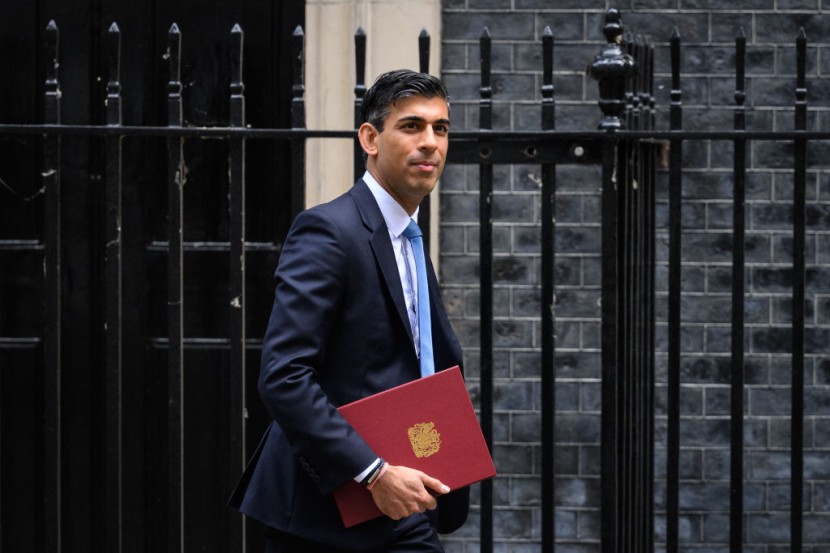
United Kingdom Prime Minister Rishi Sunak is considering cutting back on the country's climate pledges, including gas car phase-out and other net-zero policies.
Sunak reportedly plans to present the rollbacks in a speech in the coming days, and Downing Street does not deny the information. The development was revealed in leaked documents that suggest the prime minister could announce the policy changes as the government is pushing back the ban on the sale of new gas cars from 2030.
UK To Cut Back on Climate Pledges
The prime minister is also expected to say that the phase-out of gas boiler installations by 2035 will be reduced to only 80% by the same year. Also, there will be no measures to encourage carpooling or new energy efficiency regulations on homes.
The planned rollbacks have sparked overwhelming anger from users on X, formerly known as Twitter. Additionally, the former chair of the UK government's new zero review, conservative MP Chris Skidmore, said that the problem with a delay to the pledges also comes with a cost, as per Electrek.
The UK government previously promised to invest $2.4 billion in charging points for electric vehicles, prioritizing fast chargers on motorways and major roads to address range anxiety among drivers.
Additionally, lawmakers planned to install on-street charging points near workplaces and homes. Based on the UK government's proposed timeline, motorways and major roads will have 2,500 "high-powered charge points that can charge your car so it can drive over 100 miles, all in the time it takes to have a cup of coffee" by 2030.
If Prime Minister Sunak's government can follow through and push the ban back, it would align the region with what is expected from the European Union. The EU passed a ban on internal combustion vehicle sales for 2035, spurred by pushback from Germany and Italy, resulting in an exemption being carved out for vehicles powered by e-fuels.
Potential Dangers of Transitioning
A number of the world's biggest carmakers, other than Germany and Italy, have expressed concern about the idea of a petrol and diesel sales ban. In a statement in 2022, the CEO of Stellantis, Carlos Tavares, said that the dogmatic decision to ban the sale of thermal vehicles in 2035 has social consequences that he said are not manageable, according to Car Expert.
Tavares added that a forced transition to electric vehicles would price people out of the market, which suggests that he has a view that battery costs will not reduce enough to get to the parity point with ICE.
Sunak said that the government is still committed to reaching net zero carbon emissions by 2050 but in a "more proportionate way." The goal of net zero is to have the UK take as many greenhouse gas emissions out of the atmosphere as it puts in.
The prime minister noted that politicians in governments of all stripes have not been honest about costs and trade-offs for too many years, said BBC.
© 2025 HNGN, All rights reserved. Do not reproduce without permission.








